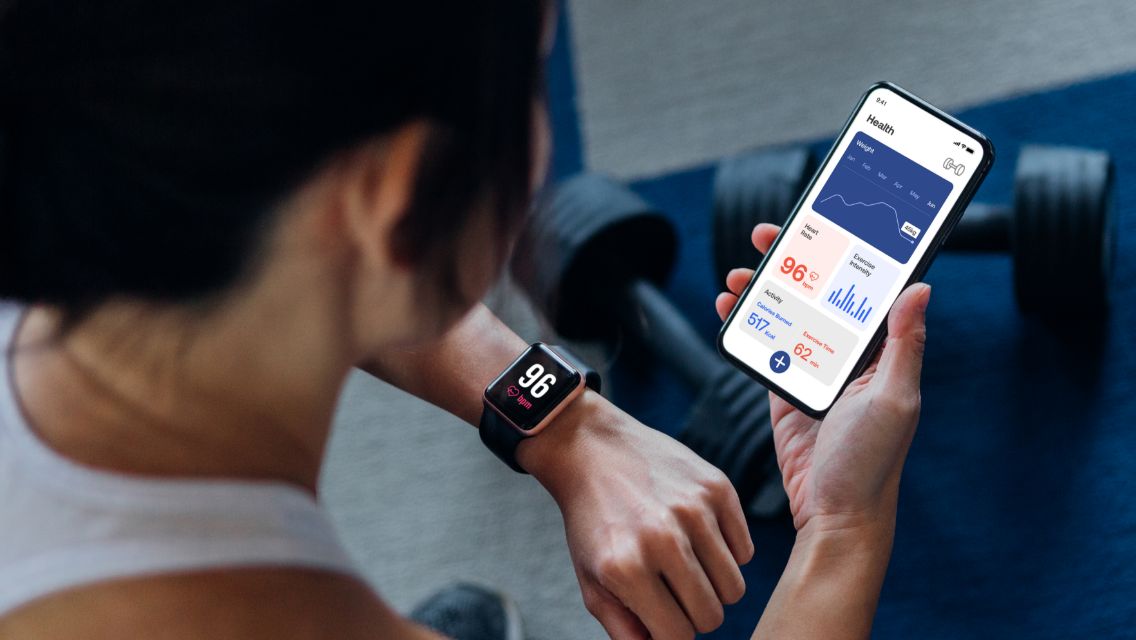People battling high cholesterol levels may often wonder how those numbers correlate with the actual accumulation of dangerous calcified plaque in their coronary arteries. Physicians now have a tool to help answer that question.
It’s called a coronary artery calcium (CAC) scan, and cardiologists use the results it produces to fashion a more personalized treatment plan than what simple cholesterol or blood pressure numbers allow.
“For years, physicians have used risk calculators to determine risk and who should be on statins. Unfortunately, the old risk calculators — which are still used today — do not include markers for inflammation or coronary artery calcification,” explains integrative cardiologist Mimi Guarneri, MD, founder of the Academy of Integrative Health and Medicine.
This new, more accurate scanning procedure, she notes, may actually reduce the percentage of patients who require pharmaceutical intervention.
The scanning process is quick, noninvasive, and relatively inexpensive (note that it does require mild radiation exposure and could prompt significant follow-up testing, which some experts believe outweigh the potential benefits).
Results are often available the same day and identify the accumulation of plaque based on the following scale:
- 0: no calcification
- 1 to 10: minimal calcification
- 11 to 100: mild calcification
- 101 to 400: moderate calcification
- Over 400: severe calcification
“We know the risk of events increases as the CAC score rises,” says Guarneri. “But we also know . . . that if the score is below 100, the risk is the same on or off a statin” unless you are genetically predisposed to cardiovascular issues.





This Post Has 0 Comments